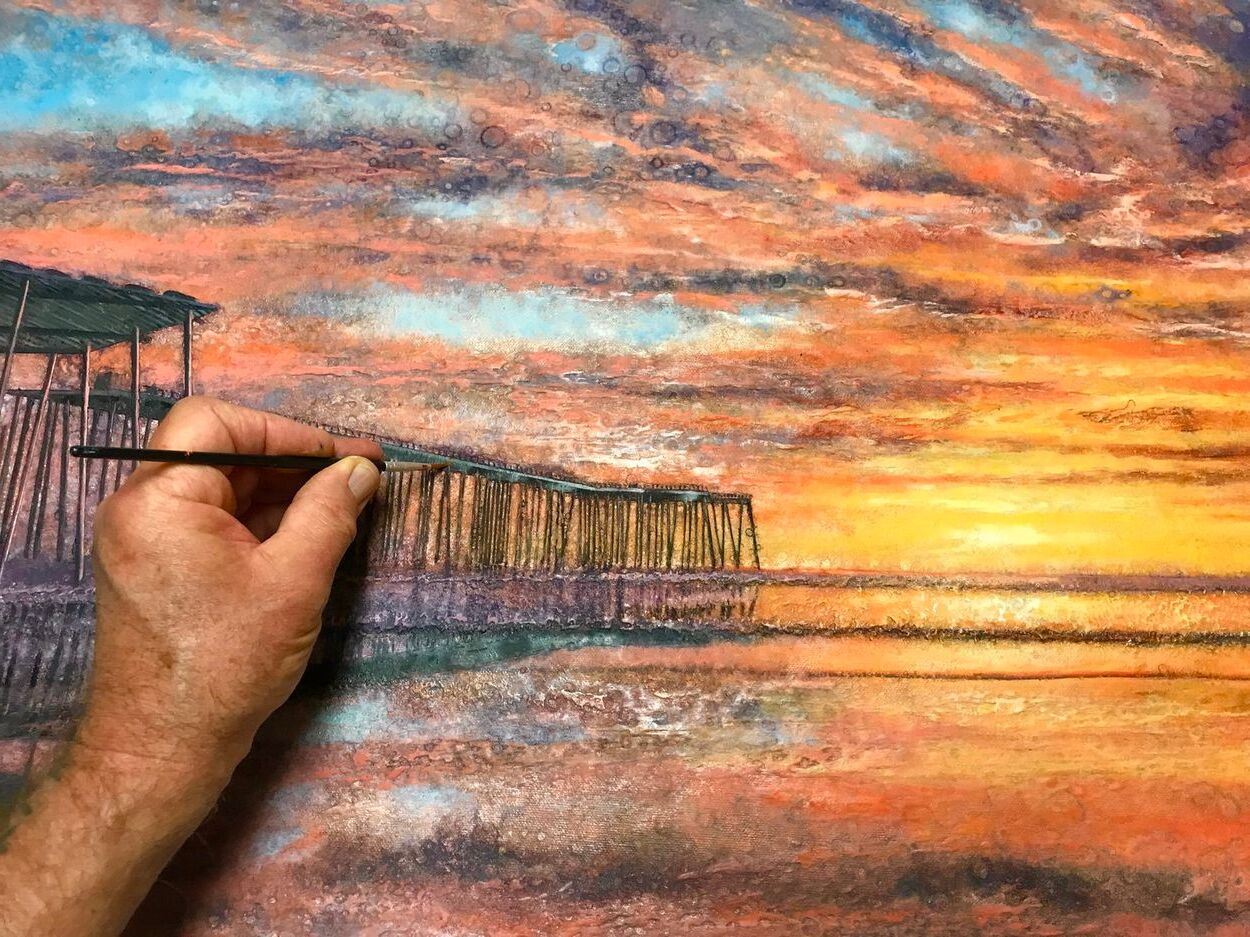
Ever wondered what makes judges tick? Judges play a crucial role in our legal system, ensuring justice is served fairly and impartially. But there’s more to these legal eagles than just their courtroom demeanor. From their rigorous education to the unique traditions they uphold, judges have fascinating lives both inside and outside the courtroom. Did you know some judges wear wigs, while others don robes of different colors to signify their roles? Or that many judges have hobbies like gardening or painting to unwind after a long day of deliberations? Let’s dive into 50 intriguing facts about judges that will give you a deeper appreciation for these guardians of the law.
The Role of Judges
Judges play a crucial role in the legal system. They interpret laws, assess evidence, and make rulings. Here are some fascinating facts about judges that you might not know.
- Judges are often appointed or elected to their positions, depending on the country and legal system.
- In the United States, federal judges are appointed by the President and confirmed by the Senate.
- Judges must remain impartial and cannot show favoritism towards any party in a case.
- Many judges have extensive legal experience, often working as lawyers for many years before becoming judges.
- Judges wear robes to symbolize their authority and impartiality.
- In some countries, judges wear wigs as part of their traditional attire.
- Judges can preside over various types of cases, including criminal, civil, family, and administrative cases.
- The term "judge" comes from the Latin word "judex," which means "one who declares the law."
Historical Facts About Judges
The history of judges is rich and varied, with many interesting developments over the centuries.
- The concept of judges dates back to ancient civilizations, including Egypt, Greece, and Rome.
- In medieval England, judges were often appointed by the king and traveled from town to town to hear cases.
- The Magna Carta, signed in 1215, established the principle that judges should be independent and not influenced by the monarchy.
- The first female judge in the United States was Florence Allen, appointed in 1920.
- In ancient Rome, judges were known as "praetors" and had both judicial and administrative duties.
- The Code of Hammurabi, one of the oldest legal codes, included provisions for judges and their responsibilities.
- In the 18th century, judges in England began to wear black robes, a tradition that continues today.
Judges in Popular Culture
Judges have been portrayed in various ways in movies, TV shows, and literature. These portrayals often shape public perception of the judiciary.
- One of the most famous fictional judges is Judge Dredd, a comic book character who serves as judge, jury, and executioner.
- The TV show "Judge Judy" features real-life judge Judith Sheindlin presiding over small claims cases.
- In the Harry Potter series, the Wizengamot is the wizarding world's highest court, with judges known as "Wizards of the Wizengamot."
- The movie "To Kill a Mockingbird" features a memorable portrayal of a judge presiding over a racially charged trial.
- In the TV show "Law & Order," judges play a significant role in the legal proceedings depicted in each episode.
- The character of Judge Danforth in Arthur Miller's play "The Crucible" is based on a real judge from the Salem witch trials.
- The movie "A Few Good Men" features a dramatic courtroom scene with a stern military judge.
Judges Around the World
Judges operate differently in various countries, reflecting the diversity of legal systems worldwide.
- In France, judges are part of a separate career path from lawyers and receive specialized training.
- In Japan, judges often work in panels of three to decide cases.
- The International Court of Justice, located in The Hague, has judges from different countries who resolve disputes between nations.
- In India, the Supreme Court has a Chief Justice and up to 33 other judges.
- In Saudi Arabia, judges apply Islamic law, known as Sharia, in their rulings.
- In South Africa, judges played a crucial role in ending apartheid and establishing a democratic legal system.
- In Canada, judges are appointed by the federal or provincial governments, depending on the court.
- In Germany, judges are known as "Richter" and serve in various types of courts, including constitutional, criminal, and civil courts.
The Daily Life of a Judge
Judges have demanding jobs that require them to balance many responsibilities. Here's a glimpse into their daily lives.
- Judges spend a significant amount of time reading legal briefs and researching case law.
- They often hear multiple cases in a single day, requiring them to stay focused and organized.
- Judges must write detailed opinions explaining their rulings, which can be time-consuming.
- Many judges participate in continuing education to stay updated on changes in the law.
- Judges often work long hours, especially when preparing for complex cases.
- They must maintain a high level of professionalism both inside and outside the courtroom.
- Judges sometimes face threats or harassment due to their rulings, requiring them to take security precautions.
- In some jurisdictions, judges have clerks who assist them with research and drafting opinions.
Fun and Unusual Facts About Judges
Judges have some unique traditions and quirks that add a bit of color to their profession.
- In some courts, judges use a gavel to call the court to order, though this practice is more common in the United States.
- The longest-serving judge in U.S. history was William O. Douglas, who served on the Supreme Court for 36 years.
- Some judges have become famous for their witty or memorable quotes from the bench.
- In the UK, judges are addressed as "My Lord" or "My Lady" in court.
- In some countries, judges participate in ceremonial events, such as the opening of the legal year.
- The robes worn by judges can vary in color and style depending on the court and country.
- In ancient China, judges were known for their elaborate and colorful robes, which symbolized their authority.
- Some judges have written books or appeared on TV shows to share their legal expertise with the public.
- In the U.S., Supreme Court justices have lifetime appointments, meaning they can serve until they choose to retire.
- Judges often have to make difficult decisions that can have a significant impact on people's lives.
- In some cultures, judges are highly respected and considered to be wise and fair.
- The oath taken by judges often includes a promise to uphold the law and administer justice impartially.
The Final Verdict
Judges play a crucial role in our legal system, ensuring justice is served fairly. From their extensive education to their unique courtroom responsibilities, judges bring a wealth of knowledge and experience to the bench. They interpret laws, make rulings, and sometimes even set legal precedents that shape future cases. Their decisions impact not just the individuals involved but society as a whole. Understanding these facts about judges helps us appreciate the complexity and importance of their work. Whether it's a local magistrate or a Supreme Court justice, each judge contributes to the stability and fairness of our legal system. So next time you find yourself in a courtroom or reading about a landmark case, remember the vital role judges play in upholding justice. Their work is not just a job; it's a cornerstone of democracy.
Was this page helpful?
Our commitment to delivering trustworthy and engaging content is at the heart of what we do. Each fact on our site is contributed by real users like you, bringing a wealth of diverse insights and information. To ensure the highest standards of accuracy and reliability, our dedicated editors meticulously review each submission. This process guarantees that the facts we share are not only fascinating but also credible. Trust in our commitment to quality and authenticity as you explore and learn with us.


